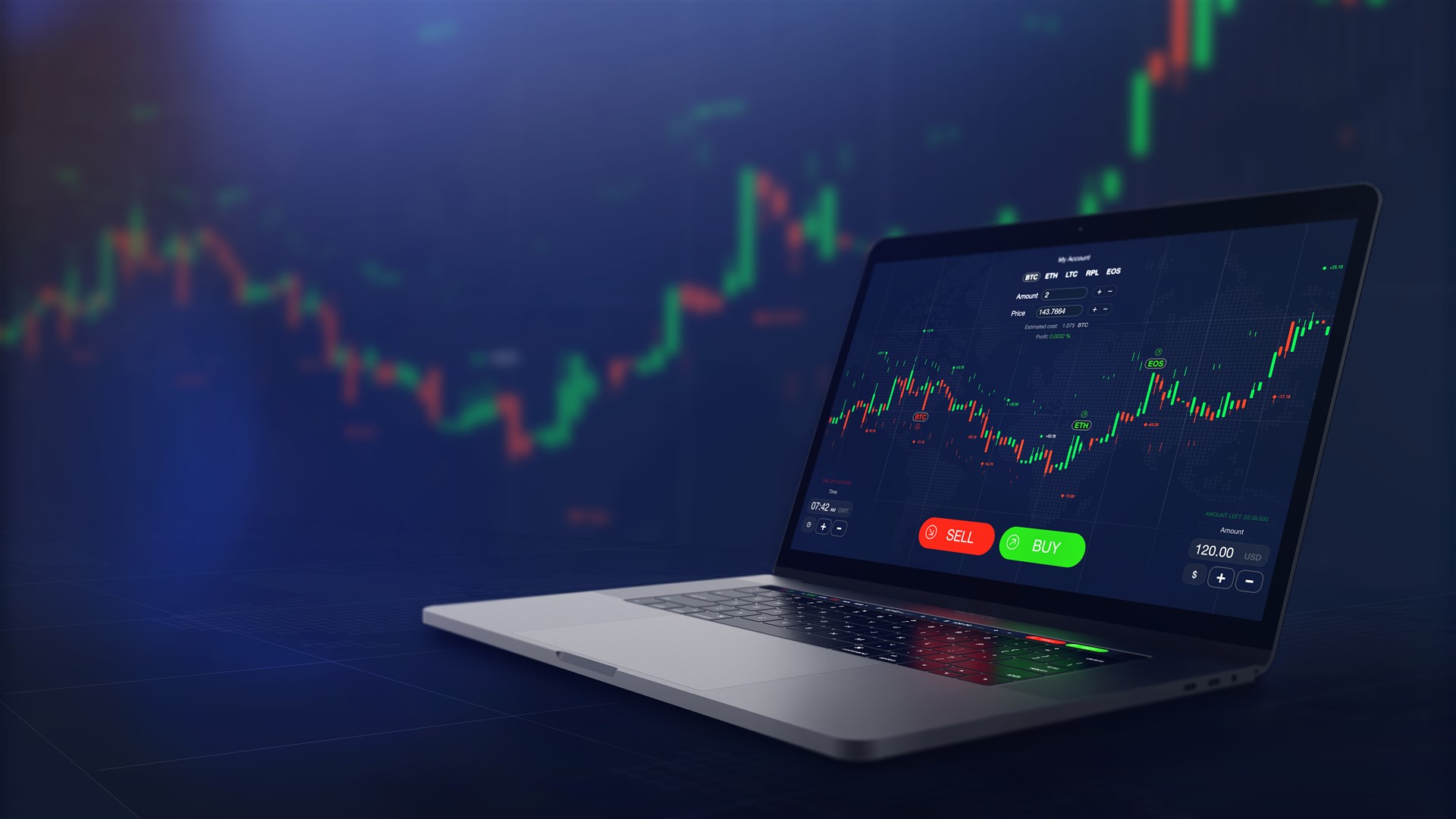
Choosing the right Forex trading broker can be the difference between a smooth trading experience and unnecessary setbacks. A trusted broker provides essential features like proper regulation, transparent fees, efficient platforms, and strong customer support to match a trader’s unique goals. Knowing what to look for helps every trader—whether new or experienced—avoid costly mistakes and build confidence on their trading journey.
It’s important to assess what you need from a Forex trading broker before diving in. Some traders prioritize low costs and tight spreads, while others look for robust educational tools or advanced trading technology. Evaluating these features against your personal trading objectives ensures the broker you select truly aligns with your long-term strategy.
Contents
Key Takeaways
- Select a broker that fits your trading needs and style.
- Look for regulation, transparency, and supportive features.
- Align broker providers with your trading goals for better outcomes.
Key Criteria for Choosing the Right Forex Trading Broker
Finding the right forex broker can directly impact trading results, security of funds, and overall user experience. Traders must weigh factors such as financial regulation, fee structures, available account options, and platform usability to make an informed choice.
Importance of Broker Regulation and Security
Regulation is the cornerstone of broker reliability. Regulated forex brokers are overseen by agencies such as the ASIC(Australia), FCA (UK), CySEC (Cyprus), DFSA (Dubai), CFTC, and NFA (US). These authorities ensure brokers follow strict standards to protect client funds and promote transparency.
A reputable broker will clearly display their license and regulatory status on their website. Features like segregated accounts and negative balance protection provide added security. Traders should avoid unlicensed or offshore brokers, as they often lack oversight and can put client funds at risk.
Security checklist:
- Confirm the regulation and license number
- Look for negative balance protection
- Ensure segregated client funds
- Check for transparent dispute resolution channels
Account Types, Spreads, and Fees
Forex brokers typically provide different account types, such as standard, ECN (Electronic Communication Network), or market maker (dealing desk). ECN brokers usually provide tighter spreads but may charge commissions per trade, while market maker accounts may have wider spreads and fewer fees. When choosing a forex broker, consider:
- Minimum deposit: Entry requirements vary
- Spreads: Tighter for major pairs like EUR/USD are preferable
- Fees and commissions: Includes trading commissions, inactivity fees, and deposit/withdrawal costs
- Leverage and margin: Higher leverage increases risk, so understand limits set by the broker’s regulator
Different brokers excel in different areas, so compare costs and available currency pairs, including majors, minors, indices, and commodities.
Platform Usability and Trading Tools
An easy-to-use trading platform is important. The most important qualities include a clean interface, reliable order execution speed, and minimal slippage. Solutions like MetaTrader 4/5 are popular, but some brokers provide proprietary forex trading platforms. Look for platforms with:
- One-click trading
- Customizable charting and indicators
- Quick and reliable execution
- Support for automated trading, expert advisors, and social trading
Demo accounts with virtual funds allow traders to test platforms and strategies before committing real money. Quality brokers provide educational resources, video tutorials, webinars, and responsive customer support, which are especially helpful for beginners.
Aligning Broker Features with Your Trading Goals
Not all forex brokers are suited to every trader’s needs. Factors such as trading strategies, platform functionality, and user experience play a direct role in determining the best fit.
Matching Broker Providings to Your Trading Strategy
Forex trading strategies can range from high-frequency scalping to long-term trend following. A broker’s features should align with these strategies to reduce friction and improve outcomes. For example, scalpers may require brokers with tight spreads, fast execution speeds, and minimal slippage, while swing traders might benefit from broader market access and reliable charting tools.
Some brokers provide automated trading through MetaTrader’s Expert Advisors or cTrader’s cBots, which are vital for algorithmic traders. Others focus on advanced risk management tools, such as stop-loss and take-profit options, to help control exposure.
Evaluating Platform Experience for Different Skill Levels
The forex trading platform should cater to the trader’s skill level. Beginners benefit from platforms with intuitive interfaces, step-by-step account setup, and strong educational resources. Many brokers offer demos for risk-free practice and learning. Experienced traders often seek customizable interfaces, deep technical analysis tools, and the ability to integrate third-party indicators or scripts. Reliable performance during volatile periods is especially important for active traders. Some platforms even provide social or copy trading features, allowing users to follow top performers.
User experience is further shaped by customer support quality, mobile app functionality, and platform stability. Reading broker reviews from other traders can provide additional perspective on real-world issues such as downtime, execution delays, or hidden fees. Selecting a broker with consistently positive feedback helps ensure a smoother trading experience.
Conclusion
Selecting the right forex trading broker depends on aligning broker features with a trader’s specific goals and trading style. Regulation, fee structure, platform usability, and customer support are essential factors to consider.
Traders should use a checklist to compare brokers and test demo accounts whenever possible. Taking time to research and compare options often leads to better decision-making. A careful broker selection provides a safer and more effective trading environment. This approach helps traders manage risk and focus on disciplined trading strategies.









